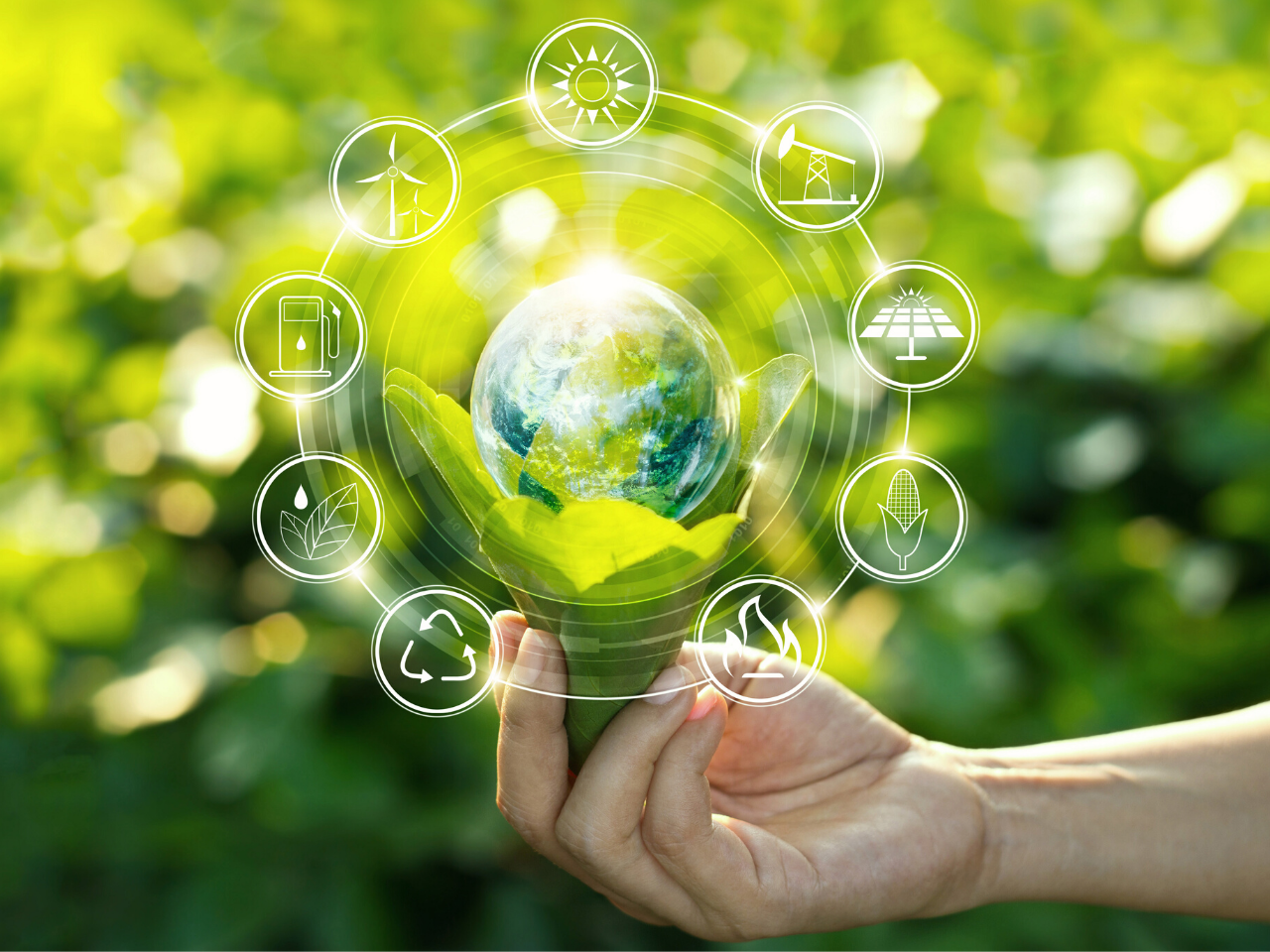
During the COVID-19 pandemic, we’re reminded of the many challenges facing our world. At UCB, we recognize the challenges facing the world, from climate change to rising inequalities, are inextricably linked and that businesses have a key role to play to ensure a sustainable future for all. This Earth Day, we’re highlighting some of our progress as it relates to minimizing our environmental footprint across the value chain.
Progressing on our 2030 Green Goals
Five years ago, we laid out our 2030 Green Goals focused on minimizing our environmental footprint across business activities and operations. By 2030, we aimed to reduce Green House Gas CO2 (GHG) emissions by 35%, our water withdrawal by 20%, and waste production by 25%. Since then, we have reduced our energy consumption by 31%, reduced our water withdrawal by 27%, and reduced our waste production by 32%.
Here are a few things we’re doing to progress on these goals:
- Energy Use - We increased our use of energy generated from renewable resources and developed internal awareness campaigns on energy consumption and carbon emissions. Our U.S. headquarters in Atlanta is powered by 100 percent green energy generated by solar/wind renewable sources.
- Travel - We offer electric car charging stations in our U.S. headquarters parking lots and our field fleet has evolved to include hybrid and electrical vehicles. Our goal is to aggressively lower carbon emissions as we try to balance this with driver satisfaction and offering quality vehicle choices. Additionally, employees use technology to join long-distance meetings through teleconference and telecommute several days a week, which reduces air and car travel and fuel consumption. UCB is also part of a Delta Airlines pilot program to build in carbon offsets for corporate accounts.
- Waste Reduction - We recovered 91% of our waste by recycling as a fuel to generate energy. We are using eco-friendly paper products in our dining areas and non-disposable coffee mugs, dishes, silverware, and glasses, as well as utilizing recycling streams and compactors for recyclable waste. In our labs, we’ve switched from single-use plastic collection tubes to washable, reusable collection blocks, which reduced our waste production from these instruments by nearly half. And our on-campus water stations in Atlanta have saved more than 23,000 bottles.
Advancing our green strategy is critical to enable us to continue to deliver value for patients around the world. We’re proud to be a part of the global community seeking to protect and promote business practices that support environmental sustainability.
Choose Country
- Global Site – English
- Australia – English
- België – Engels
- Belgique – Anglais
- Brasil – Português
- България – Български
- Canada – English
- Canada – Français
- 中国 – 中文
- Česká Republika – Angličtina
- Danmark – Engelsk
- Deutschland – Deutsch
- France – Français
- España – Español
- Ελλάδα – Ελληνικά
- India – English
- Ireland – English
- Italia – Inglese
- 日本 – 日本語
- Казахстан – ағылшын тілі
- 한국 – 한국어
- Luxembourg – Anglais
- Luxemburg – Engels
- Magyarország – Angol
- México & Latinoamérica – Español
- Nederland – Engels
- New Zeeland – English
- Norge – Engelsk
- Österreich – Deutsch
- Polska – Polski
- Portugal – Inglês
- România – Engleză
- Россия – Русский
- Slovensko – Anglický
- Suomi – Englanti
- Sverige – Engelska
- Schweiz – Deutsch
- Suisse – Français
- Türkiye – Türkçe
- Україна – Англійська
- United Kingdom – English
- U.S.A. – English



